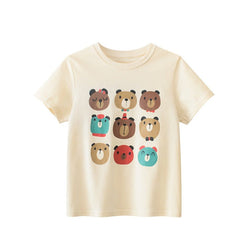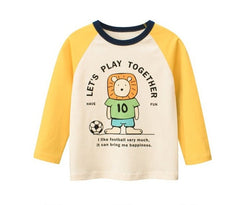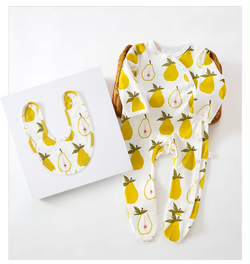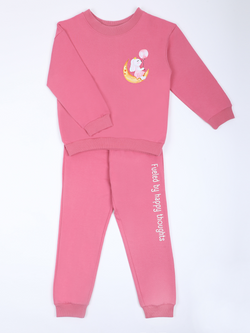We deeply recognize the vital role of building strong and positive parent-child relationships. As parents, we hold the extraordinary ability to shape and impact our children's lives, and establishing a firm connection with them forms the bedrock of their emotional well-being and holistic growth. This comprehensive article delves into the transformative power of positive parenting, unveiling key insights and actionable strategies to fortify the bond between you and your child.
1: Cultivating a Nurturing and Supportive Environment
Creating a nurturing and supportive environment stands as a pivotal aspect of fostering resilient parent-child relationships. Children thrive when they feel secure, loved, and valued. As parents, it becomes imperative to establish an atmosphere brimming with warmth, understanding, and acceptance. Regularly express your love and appreciation for your child, fostering an environment where empathy is paramount. Embrace active listening, providing your undivided attention when your child seeks to share their thoughts. This empathic approach allows them to freely express their feelings, concerns, and ideas. By consistently nurturing a loving and supportive environment, you lay a solid foundation for a profound and unbreakable bond with your child.
2: Effective Communication: The Pillar of Connection
Effective communication serves as the cornerstone of any healthy relationship, including the parent-child dynamic. Cultivate the art of active listening, dedicating your full attention when your child seeks to communicate with you. Encourage open and honest dialogue, creating a safe space where they can freely express their thoughts, concerns, and emotions. Promote a judgment-free environment, providing guidance and understanding instead. By fostering effective communication and active listening, you create a harmonious space wherein your child feels genuinely heard, understood, and respected.
3: Establishing Clear Boundaries and Consistency
Children thrive when they comprehend clear boundaries and experience consistent expectations. Establishing age-appropriate rules and limits enables them to grasp what is expected of them, fostering a sense of security. Maintain a balanced approach in enforcing these boundaries, ensuring fairness and consistency in your parenting style. When children possess a clear understanding of expectations and encounter consistent responses, they develop a deeper sense of security and trust within their relationship with you.
4: Encouraging Independence and Autonomy
While it is natural for parents to safeguard and guide their children at every juncture, fostering independence and autonomy remains vital for their growth and development. Encourage age-appropriate decision-making, enabling your child to exercise responsibility and build self-confidence. Nurture their unique interests and passions, providing opportunities for exploration and learning. By supporting their autonomy, you foster their individuality, ultimately strengthening the parent-child bond built on mutual trust and respect.
5: Quality Time and Cherished Moments
Dedicating quality time to your child stands as one of the most effective ways to forge a robust parent-child relationship. Engage in activities that bring both of you joy, fostering lasting memories and shared experiences. Allocate uninterrupted moments for one-on-one interactions, such as family outings, game nights, or pursuing shared hobbies. These cherished moments not only deepen your bond but also establish a strong foundation of positive memories that your child will treasure throughout their lifetime.
Conclusion
Building a strong parent-child relationship is an extraordinary journey that demands dedication, patience, and boundless love. By fostering a nurturing and supportive environment, practicing effective communication, setting clear boundaries, encouraging independence, and cherishing quality time together, you can cultivate a profound connection that positively shapes your child's life. Embrace each interaction as an opportunity to strengthen the parent-child bond and nurture their overall well-being.





















